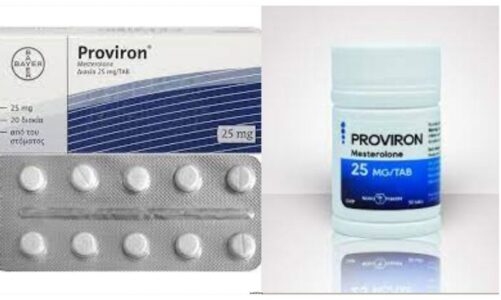If you’ve been the victim of medical negligence, then it may well be that you’ve suffered harm that can never truly be repaired. Despite this, the courts will often award cash to claimants, for a variety of distinct reasons. The amount that you are awarded will depend on the circumstances of your claim. Damages are just one type of legal remedy, but they’re one that’s often reached for in cases of medical negligence, since the court lacks the power to directly undo the harm done by the medical professional.
So what sorts of damages are there?
General Damages
Compensatory damages are paid directly to the injured party. Medical negligence inflicts what’s called ‘pain and suffering’. This includes not only the physical harm that the victim has had to tolerate, but the psychological upheaval that comes along with it.
As well as pain and suffering, the court will consider the claimant’s ‘loss of amenity’. This is a technical way of referring to the daily activities and hobbies that the claimant used to enjoy. So, if you used to be able to walk to the shops, but can’t any more, you may be compensated for a loss of amenity.
Damages of this sort are calculated based on precedent, and the discretion of the judge. A competent medical negligence solicitor will have the experience necessary to tell you exactly what figure to expect. If you have been rendered totally blind, or lost a limb, then you might expect to be paid several hundred thousand pounds. If your symptoms are more minor, then you can expect much less in damages.
Special Damages
As well as effecting a person’s life in more diffuse, non-quantifiable ways, medical negligence can have a direct impact on their wallet. The court can deal with these by awarding special damages. Special damages tend to be easier to calculate, since it’s not a matter of judgement – if you have lost earnings, or had to pay for further treatment, or adapted your home, or brought in extra care or equipment, then these would all qualify for special damages. By keeping the receipts for each of these items, a claimant will stand a better chance of being awarded compensation for them.
When calculating your damages, the court will draw upon the testimony of expert witnesses, and the evidence of misconduct that you’ve presented. Talk to your solicitor about what kind of evidence is necessary. It’s a good idea to proactively keep hold of this evidence.In most cases, solicitors specialising in medical negligence operate on what’s called a Conditional Fee Agreement (better known as a no-win, no-fee arrangement). This will allow you to pursue damages without fear of the penalty that might come from an unsuccessful claim.


